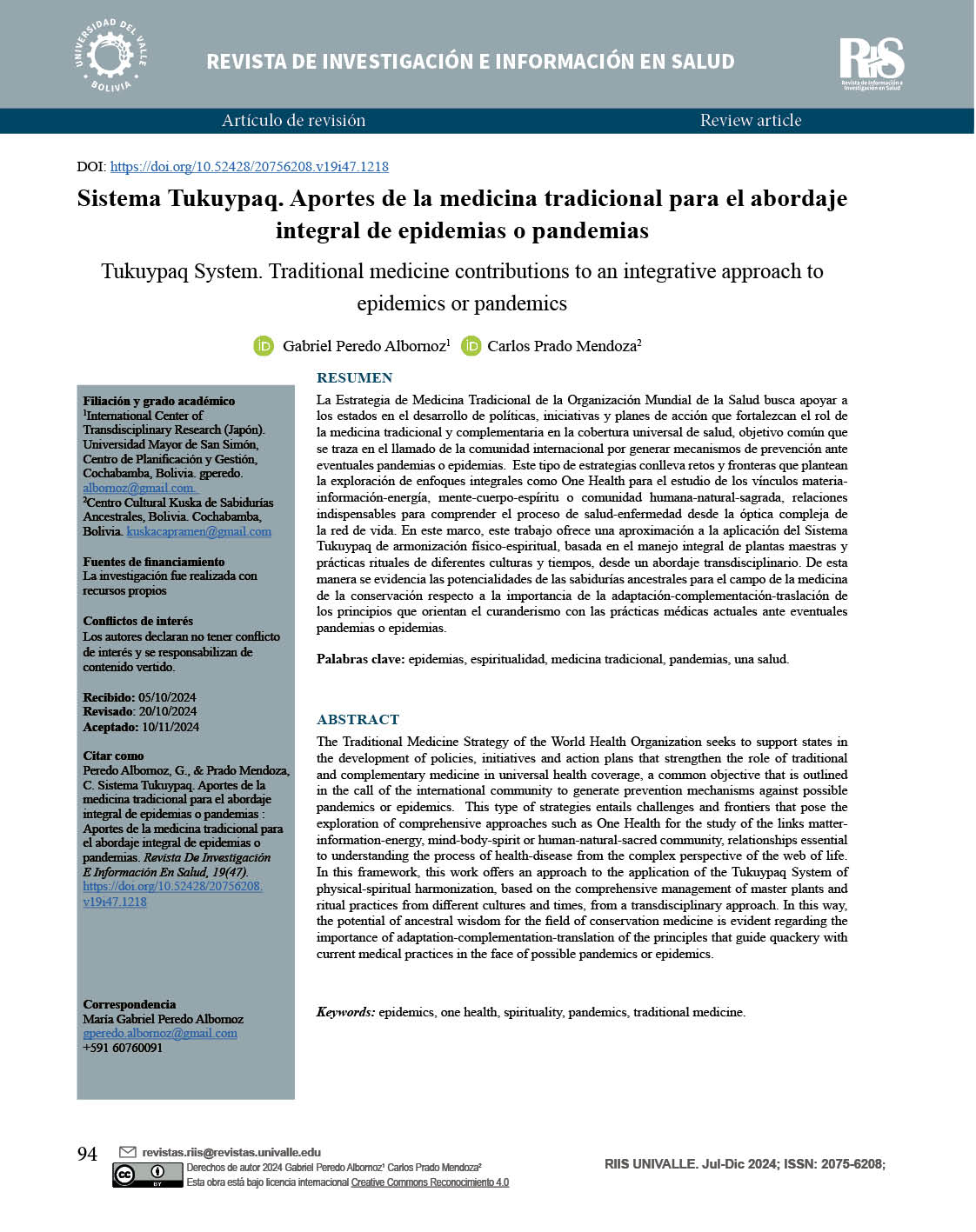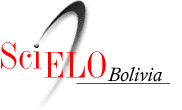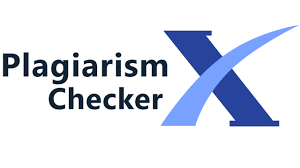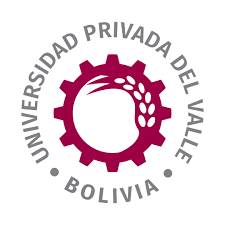TUKUYPAQ SYSTEM
TRADITIONAL MEDICINE CONTRIBUTIONS TO AN INTEGRATIVE APPROACH TO EPIDEMICS OR PANDEMICS
DOI:
https://doi.org/10.52428/20756208.v19i47.1218Keywords:
epidemics, one health, spirituality, pandemics, traditional medicineAbstract
The World Health Organization's Traditional Medicine Strategy aims to assist countries in developing policies and action plans that enhance the role of Traditional and Complementary Medicine in achieving universal health coverage. This initiative aligns with the global response for preventive measures against potential pandemics and epidemics. Implementing such strategies involves addressing challenges and exploring holistic approaches, such as One Health, which considers the interconnectedness of matter-information-energy, mind-body-spirit, and the relationship between humans, nature, and sacred. In this context, this work presents the 'Tukuypaq System of Physical-Spiritual Harmonization' which integrates the management of medicinal plants and ritual practices from diverse cultures through a transdisciplinary lens. This approach highlights the relevance of ancestral wisdom in Conservation Medicine emphasizing the importance of adapting, complementing, and translating the principles of traditional healing practices with contemporary medical methods for potential public health crises.
Downloads
References
Schrödinger E. What is life?. Cambridge University Press. 2013. Disponible en: https://doi.org/10.1017/CBO9781139644129
https://doi.org/10.1017/CBO9781139644129
Margulis L & Sagan D. Acquiring Genomes: A Theory of the Origins of Species. Perseus Books Group. 2002. Disponible en: https://books.google.com.bo/books/about/Acquiring_Genomes.html?id=DS-VehE00ncC&redir_esc=y
Emoto M The Hidden Messages of Water. PRH Grupo Editorial. 2004. Disponible en: https://www.sapphirespas.com.au/assets/Media-Downloads/blog/The-Hidden-Messages-in-Water-Masaru-Emoto.pdf
Restrepo Arcila, R. (2012). Cosmovisión, pensamiento y cultura. Revista Universidad EAFIT, 34(111), 33-42. Recuperado a partir de https://publicaciones.eafit.edu.co/index.php/revista-universidad-eafit/article/view/1103
Elorriaga K et al. Nociones acerca de la complejidad y algunas contribuciones al proceso educativo. Revista de Estudios Interdisciplinarios en Ciencias Sociales. Universidad Rafael Belloso Chacin. 2012; 14: 415-429. Disponible en: https://dialnet.unirioja.es/servlet/articulo?codigo=4084797
MUSEF. Uyway Uywaña. Crianza Mutua para la Vida. Fundación Cultural del Banco Central de Bolivia. 2022. Disponible en: http://www.musef.org.bo/pdf/catalogos/mayores/2022_Uyway_Crianza_mutua.pdf
Capra F & Luis, P.L. Systems View of Life. Cambridge University Press. 2014. Disponible en: https://assets.cambridge.org/97811070/11366/frontmatter/9781107011366_frontmatter.pdf
https://doi.org/10.1017/CBO9780511895555
Prado Mendoza, C. Memoria y Salud Andino Amazónica. Ciclo de Conversaciones. Center for Latin American Studies. Ohio State University. 2020. Disponible en: https://clas.osu.edu/events/ciclo-de-conversaciones-memoria-y-salud-andino-amazonica
Ibañez J. (1991). El Regreso del Sujeto. La Investigación Social de Segundo Orden. Editorial Amerinda. Disponible en: https://javierderivera.net/texts/Jesus-Ibanez-El-regreso-del-sujeto.pdf
Rojas E. Método de Gestión de la Inteligencia Política Informacional. Fundación REDES. 2018.
Severo Arce R. Relaciones entre el Pensamiento Complejo y los Sistemas Complejos Adaptativos. Universidad Federal de Espíritu Santo. Revista Electrónica. 2021; 8. Disponible en: https://www.redalyc.org/journal/5759/575967011001/html/
Prado Mendoza, C. Mancharisqa no es Depresión., Aporte Etnomédico quechua para la Salud Mental Intercultural. Stanford Libraries. 2016. Disponible en: https://searchworks.stanford.edu/view/11879402
Garnier Malet J.P. Un Gran Descubrimiento. El Desdoblamiento de los Tiempos. Editorial Reconocerse. 2022.
NASA. Milankovitch (Orbital) Cycles and Their Role in Earth's Climate. NASA Science Editorial Team. 2020. Disponible en: https://science.nasa.gov/science-research/earth-science/milankovitch-orbital-cycles-and-their-role-in-earths-climate/
Cooper A. et al. A Global Environment Crisis 42000 Years Ago. Science. 2021; 371: 811-818. Disponible en: https://www.science.org/doi/10.1126/science.abb8677
Restrepo Arcila R. La Visión Ancestral de la Interrelación entre Cultura y Salud. Inédito. 2023.
PNUD. The Next Frontier: Human Development and the Anthropocene. Human Development Report. 2020. Disponible en: https://www.undp.org/serbia/publications/next-frontier-human-development-and-anthropocene
Whitmee S et al. Safeguarding human health in the Anthropocene epoch: report of The Rockefeller Foundation-Lancet Commission on planetary health. The Lancet Commission on Planetary Health. 2015
https://doi.org/10.1016/S0140-6736(15)60901-1
PMid:26188744
: 1973 -2028. Disponible en: https://ouci.dntb.gov.ua/en/works/lmMkEXOl/
Capra F & Henderson H. Pandemics - Lessons looking back from 2050. Fritjof Capra Net. 2020. Dispnible en: https://www.fritjofcapra.net/pandemics-lessons-looking-back-from-2050/
Restrepo Arcila R. Las Rutas Sagradas de América. Inédito. 2020.
Cárdenas E. et al. Determinantes Sociales de Salud. Esan Ediciones. 2017. Disponible en: https://repositorio.esan.edu.pe/items/2b5f2979-2472-4830-97a2-ef48d53c80e6
Cook N.D. La Conquista Biológica. Las Enfermedades del Nuevo Mundo 1492-1650. Siglo XXI Editores. 2006. Disponible en: https://traficantes.net/libros/la-conquista-biol%C3%B3gica
Zapatero Gaviria A, Barba Martin R. ¿Qué sabemos del origen del COVID-19 tres años después? [What do we know about the origin of COVID-19 three years later?]. Rev Clin Esp. 2023 Apr;223(4):240-243. Spanish. doi: 10.1016/j.rce.2023.02.002
https://doi.org/10.1016/j.rce.2023.02.002
Prado Mendoza, C. Memoria de Medicina Tradicional Andino Amazónica. 1000 Maneras de Prevenir y Curar Enfermedades. Centro Cultural Kuska de Sabidurías Ancestrales. Qinti Studios. 2023. Disponible en: https://guardiana.com.bo/opinion/31431/
Zilberberg, O., Huang, S., Guglielmon, J., Wang, M., Chen, K. P., Kraus, Y. E., & Rechtsman, M. C. (2018). Photonic topological boundary pumping as a probe of 4D quantum Hall physics. Nature, 553(7686), 59-62. https://doi.org/10.1038/nature25011
https://doi.org/10.1038/nature25011
PMid:29300011
Maté, G & Maté, D. The Myth of Normal. Trauma, Illness and Healing in a Toxic Culture. Penguin Random House. 2022. https://drgabormate.com/book/the-myth-of-normal/
Castellanos N. Neurociencia del Cuerpo. Editorial Kairós. 2022. Disponible en: https://www.editorialkairos.com/catalogo/p/neurociencia-del-cuerpo
Gutiérrez Canovas C. Una Historia con Ciencia, Sal y Aventura: ¿Cómo responden los ecosistemas frente al estrés?. Revista Eubacteria. 2015; 35: 22 - 28. Disponible en: https://www.um.es/eubacteria/ecosistemas_estres.pdf
Shane-McWhorter L. ¿Qué son los adaptógenos?. University of Utah College of Pharmacy. Manual MSD. 2024. Disponible en: https://www.msdmanuals.com/home/special-subjects/dietary-supplements-and-vitamins/adaptogens
Almeida-Moreira, A, Koenig, H. & Luccheti, G. Clinical Implications of Spirituality to Mental Health: Review of Evidence and Practical Guidelines. Revista Brasileira de Psiquiatría. 2014; 36: 176-182. Disponible en: https://doi.org/10.1590/1516-4446-2013-1255
https://doi.org/10.1590/1516-4446-2013-1255
PMid:24839090
Moreira-Almeida, A., & Lotufo-Neto, F. (2017). Methodological guidelines to investigate altered states of consciousness and anomalous experiences. International review of psychiatry (Abingdon, England), 29(3), 283-292. https://doi.org/10.1080/09540261.2017.1285555
https://doi.org/10.1080/09540261.2017.1285555
PMid:28587556
Fucci, E., Abdoun, O., Baquedano, C., & Lutz, A. (2024). Ready to help, no matter what you did: Responsibility attribution does not influence compassion in expert Buddhist practitioners. Journal of experimental psychology. General, 153(4), 1093-1111. https://doi.org/10.1037/xge0001542
https://doi.org/10.1037/xge0001542
PMid:38386366
Barrios Tao, Hernando, & Gutiérrez de Piñeres Botero, Carolina. (2020). Neurociencias, emociones y educación superior: una revisión descriptiva. Estudios pedagógicos (Valdivia), 46(1), 363-382. https://dx.doi.org/10.4067/S0718-07052020000100363

Published
Versions
- 2024-12-10 (2)
- 2024-12-10 (1)
How to Cite
Issue
Section
License
Copyright (c) 2024 Gabriel Peredo Albornoz, Carlos Prado Mendoza

This work is licensed under a Creative Commons Attribution 4.0 International License.
Authors who publish with this journal agree to the following terms:
- Authors retain copyright and grant the journal right of first publication with the work simultaneously licensed under a Creative Commons Attribution License 4.0 that allows others to share the work with an acknowledgement of the work's authorship and initial publication in this journal.
- Authors are able to enter into separate, additional contractual arrangements for the non-exclusive distribution of the journal's published version of the work (e.g., post it to an institutional repository or publish it in a book), with an acknowledgement of its initial publication in this journal.
- Authors are permitted and encouraged to post their work online (e.g., in institutional repositories or on their website) prior to and during the submission process, as it can lead to productive exchanges, as well as earlier and greater citation of published work.






















